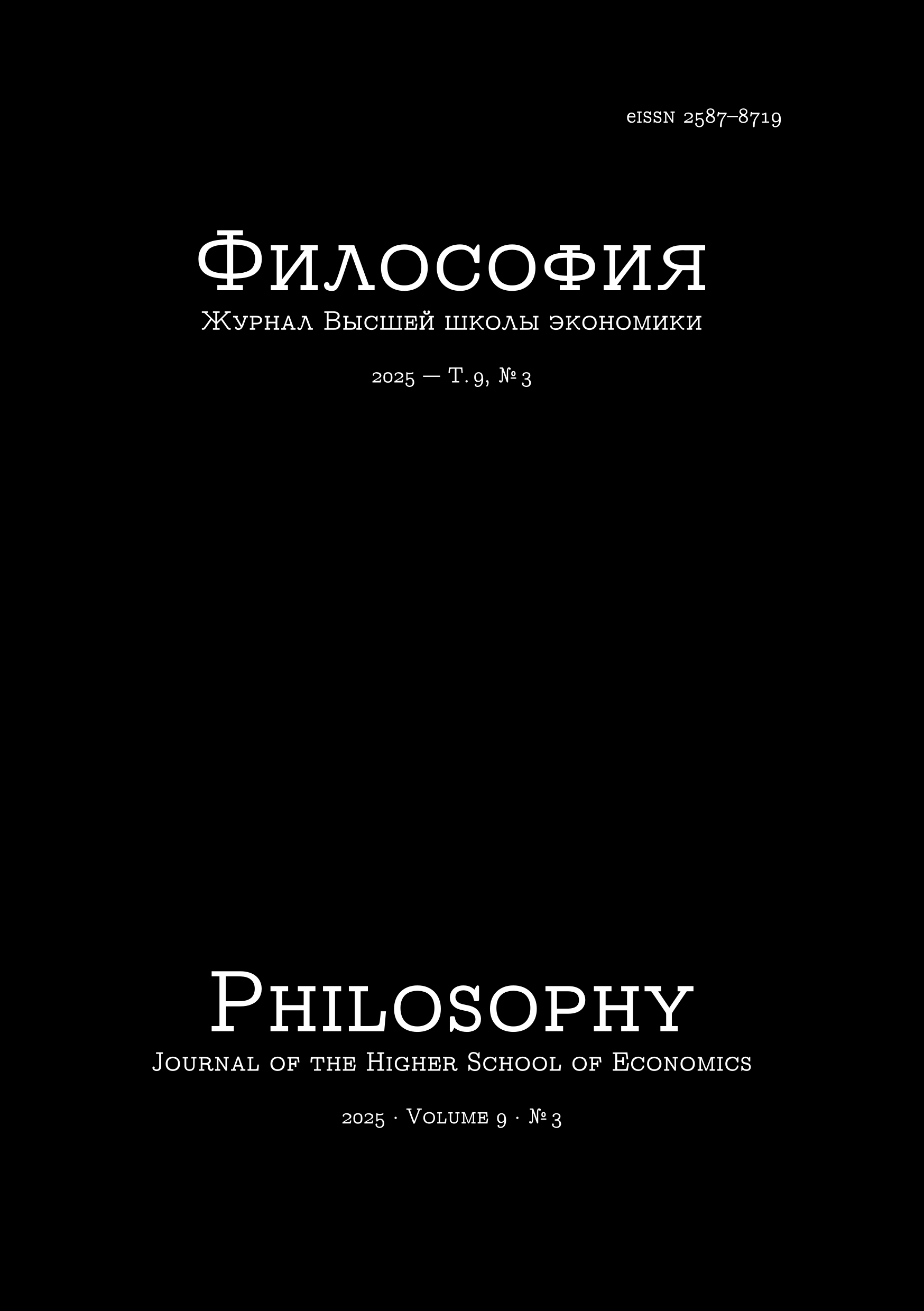The Finite Intellect's Cognition of the Infinite Essence of God in Moses Maimonides and Thomas Aquinas
Abstract
Of historical and philosophical interest is the comparison of the approach to the theoretical grasping of God by the intellect of Moses Maimonides and Thomas Aquinas. Maimonides justifies his prohibition against the predication of essential attributes to the Creator by pointing out the inadmissibility of the introduction of plurality by reason into His absolute unity. Thomas develops a concept that makes it possible to think of an infinite being without compromising its ontological simplicity but at the same time such a being becomes accessible to thought without introducing those tautologies into which Maimonides' metaphysics and theology fall when he repeats the same formulations of the nature of the One which have a meaning close to the text of the Torah. Other variants of Maimonides' speech about the First are forbidden. It was Aquinas' thinking through the meanings of esse that made it possible to philosophically substantiate the knowledge of God by analogy. For the existence of the First Cause and the existence of the finite thing are different modes of existence. However, we conceive of different kinds of existence implying that the meaning of being of the First Cause is accessible to us only in a very approximate mode of understanding. Really the human intellect grasps the Esse as the essence of the Creator Himself through his correlation with the being of finite things — analogously. The maximum has no limit and therefore is inaccessible to rational thinking in the fullness of its quidditas, but thinking is satisfied with an incomplete understanding of the essential properties of the First Principle.
Downloads
Copyright (c) 2025 Philosophy Journal of the Higher School of Economics

This work is licensed under a Creative Commons Attribution-NonCommercial 4.0 International License.






